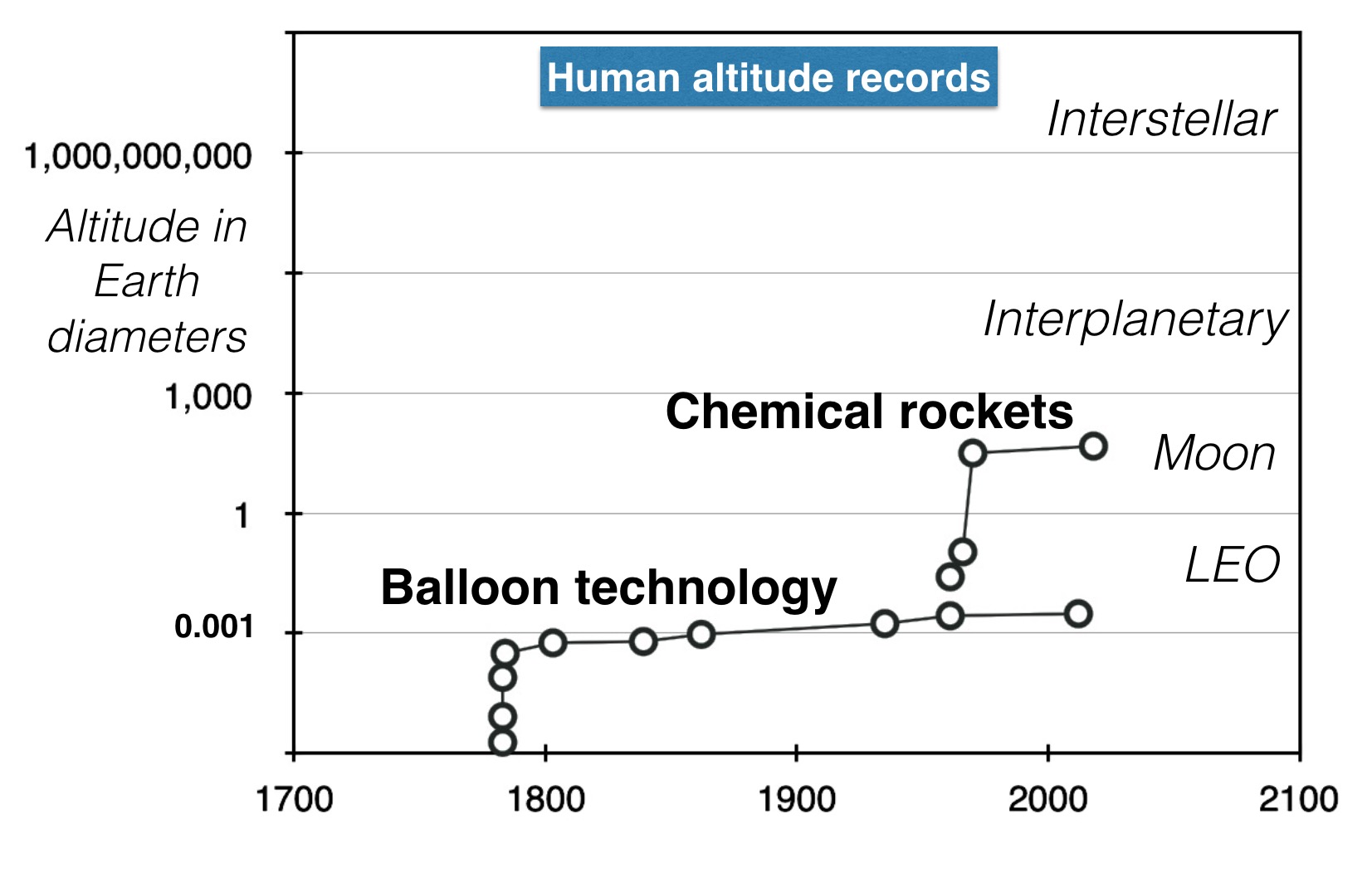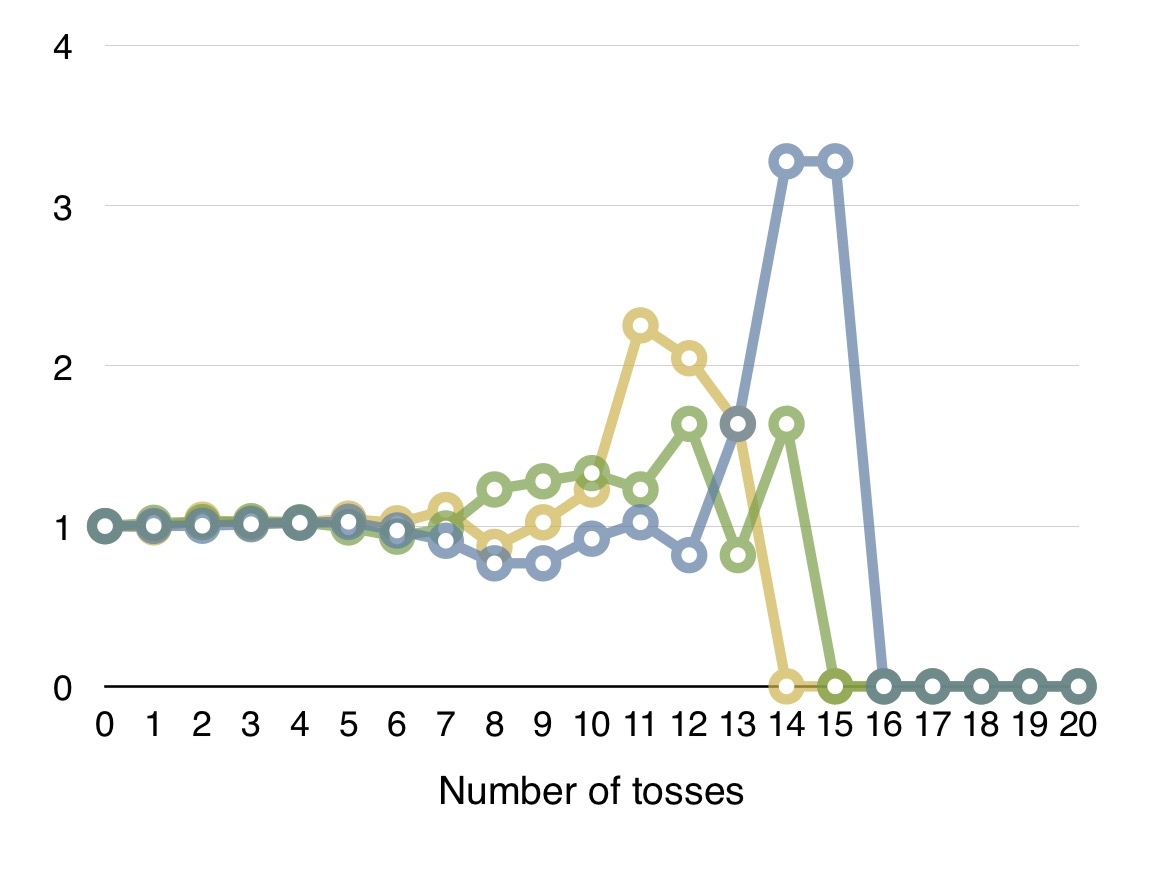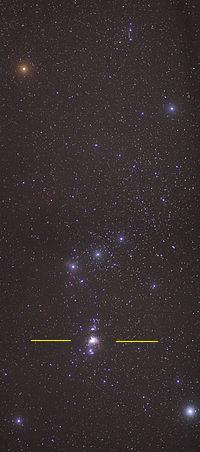 Why SpaceX Won't Turn Us Into A Multi-planetary Species
Why SpaceX Won't Turn Us Into A Multi-planetary Species Anyone announcing the successful sale of tourist trips around the moon would attract ridicule and...
 Rational Suckers
Rational SuckersWhy do people skip queues, cause traffic jams, and create delays for everyone? Who are these misbehaving ...
 Triple Or Bust: Paradox Resolved
Triple Or Bust: Paradox ResolvedA few days ago I discussed the coin toss game ‘triple or bust‘. The game is between Alice and...












